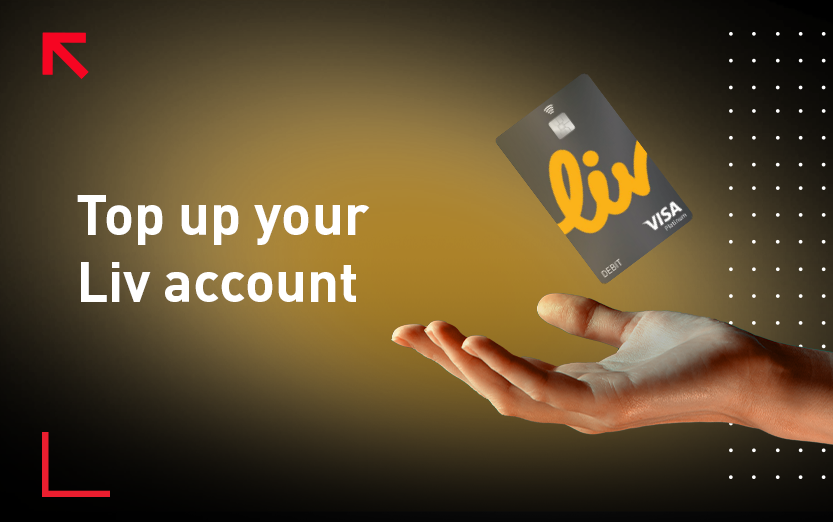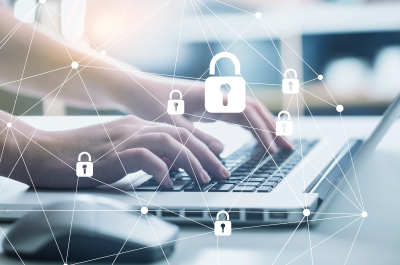Navigating the economic dynamics of the UAE, with its blend of expatriate and local populations, presents unique challenges and opportunities in managing personal finances. The question of how much emergency savings one should accumulate is particularly pertinent in this region, characterised by a vibrant job market and a notable cost of living. Understanding the nuances of financial planning here is essential for ensuring stability and security in the face of life's unpredictabilities.
The Importance of Emergency Funds
Emergency funds are a financial safety net designed to cover unexpected expenses such as medical emergencies, car repairs, or sudden job loss. In the UAE, where life can be unpredictable and the cost of living is high, having an emergency fund is not just advisable; it's essential for everyone, regardless of income level.
Research indicates that a significant portion of individuals are unprepared for financial emergencies, with many having little to no savings set aside. This lack of preparedness can lead to reliance on credit cards or loans, which come with high-interest rates, further intensifying financial strain.
How Much Should You Save?
Determining the right amount to save in your emergency fund depends on various factors, including your employment status, number of dependents, and overall financial obligations. Here are some guidelines tailored to the UAE context:
- Six to Twelve Months of Savings: This is particularly recommended for the self-employed or those close to retirement. Freelancers and entrepreneurs in the UAE face fluctuating incomes, making a larger safety net necessary. Similarly, those nearing retirement age should consider a more substantial fund to cover up to a year of expenses, given the potential difficulty in finding new employment.
- Three to Six Months of Savings: For individuals with stable jobs and multiple income streams, including those with access to low-interest credit options or family support, three to six months' worth of living expenses is a prudent target. This range is suitable for covering essentials such as rent, food, transportation, and utilities in the event of income disruption.
- Three Months of Savings: Those with comprehensive insurance coverage, including short-term and long-term disability, should aim for at least three months of expenses. This ensures you can manage during periods before insurance payments begin, a crucial consideration in the UAE's insurance landscape.
- Less Than Three Months of Savings: Early career professionals and those with high job mobility may find that a smaller emergency fund of about six weeks' worth of expenses is sufficient, especially if living with roommates or family to reduce living costs.
How Liv Digital Bank’s Goal Account Simplifies Emergency Savings
Building an emergency fund requires consistency and discipline, and the Liv Digital Bank’s Goal Account makes this process effortless. With its intuitive savings goals feature, you can set up a dedicated emergency savings goal and automate contributions, ensuring steady progress without manual effort.
Key benefits include:
- Automated Transfers: Set up recurring deposits to steadily grow your emergency savings.
- Progress Tracking: Visualise your savings journey with goal-based tracking and notifications.
- Flexibility: Withdraw funds instantly when emergencies arise, providing quick access without financial stress.
By leveraging Liv Digital Bank’s Goal Account, you can turn saving into a seamless and rewarding habit, ensuring you're always prepared for unexpected financial challenges.
Starting Your Emergency Fund
The key to building an emergency fund is to start small and be consistent. Even setting aside a small amount from your salary each month can grow into a significant financial cushion over time. In the UAE, where salaries are typically transferred directly to bank accounts, setting up an automatic transfer to a savings account can simplify this process.
Conclusion
In the vibrant and sometimes unpredictable setting of the UAE, establishing an emergency fund is a critical component of financial well-being. Regardless of career stage or financial status, the security afforded by having a reserve fund is invaluable. By evaluating your personal situation and adhering to these strategic guidelines, you can navigate life's uncertainties with confidence, knowing you are well-prepared for any financial challenges that may arise.












